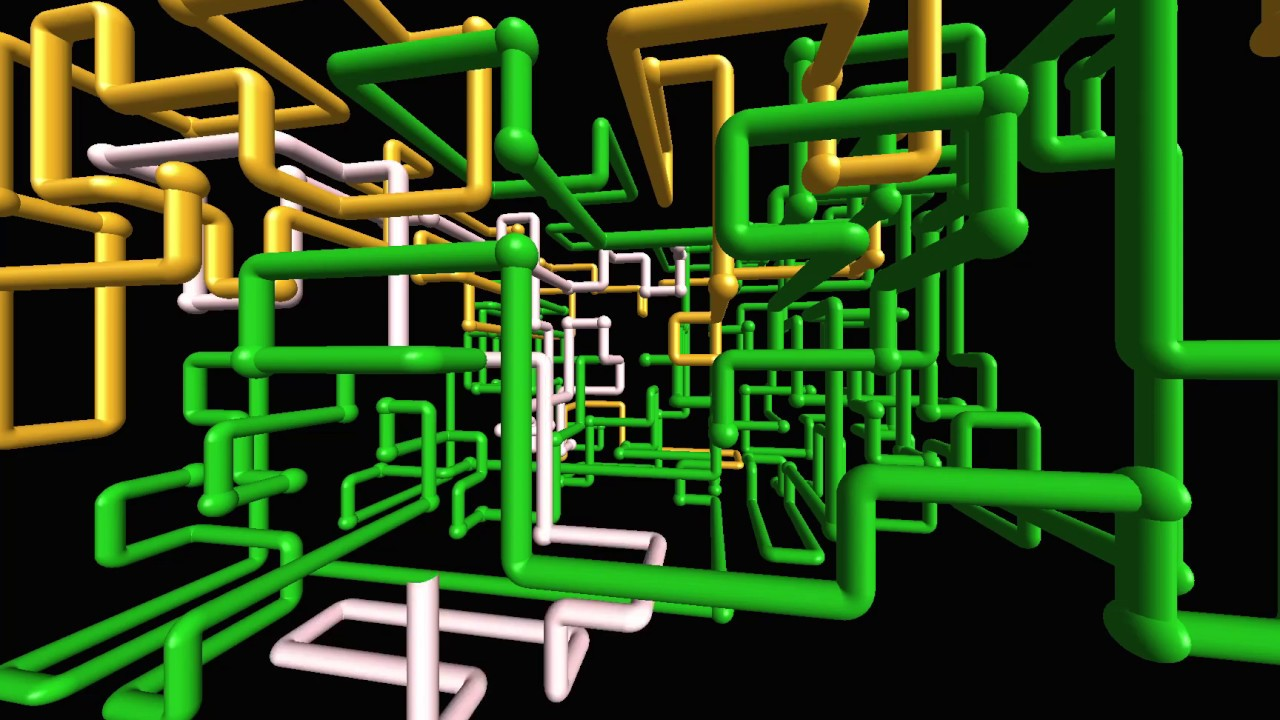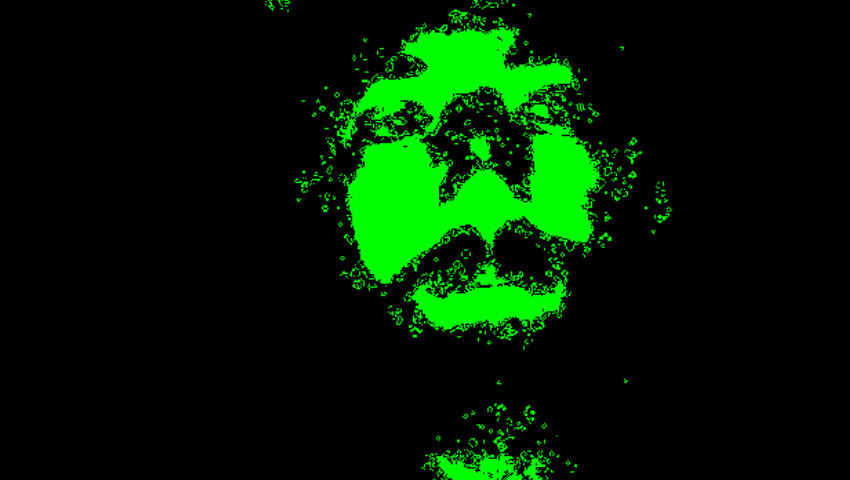- 15 Posts
- 19 Comments

 9·1 year ago
9·1 year agotime for some kind of anonymizing location data sharing service, peer to peer or federated protocol? that might be interesting, or sketchy, not sure which.

 12·1 year ago
12·1 year agoPretty sure you can download the maps ahead of time, GPS doesn’t require data, then upload the fixes when you get home.

 1·1 year ago
1·1 year agoGo map keeps crashing for me, does it for you?

 2·1 year ago
2·1 year agoI’ve been using Go Map! but it keeps crashing… Maybe I’ll try Streetcomplete if it’s on apple.

 172·1 year ago
172·1 year agoIt does. And Firefox is my default browser app.
Looks great! Nice work! What mount do you use?
I decided to translate the worksheet into GLSL code on shadertoy. It was really cool to see the gradients and sub-coordinate systems represented by the intermediate variables in the calculation. Smoke and mirrors. Maybe you might have some insight into some of the calculations. https://www.shadertoy.com/view/cllBzM
Any ideas?
I was thinking of doing three separate GOL simulations, one on each RGB channel, and letting the colors mix that way into like 6 colors. right now, I clamp the pixel brightness values to 0 or 1, so that’s why it’s black/white, or rather black/green.

 1·1 year ago
1·1 year ago2nd on the keep notes suggestion. I work on lots of unrelated projects, and each time I end up learning a bunch of new command line utilities, so I try to leave behind a text file describing some of the most useful commands I’d discovered that day. Usually helps me come back to a project and not be back at square one every time.

 1·1 year ago
1·1 year agoI thought there was something slightly peculiar about the narration.
Spinnaker


 111·1 year ago
111·1 year agoI hear you, but genetic change at the level of these diseases and traits can take on the order of hundreds of thousands of years or more to accumulate into meaningful trends. Social society is a part of that process, in the way it might be for other social animals. If social dynamics tend to result in communities harboring vulnerable individuals, then there is probably some selective advantage to that behavior, not the other way around.

 222·1 year ago
222·1 year agoThis is a common misconception. These traits are not likely due to modern medicine (which is very, very new compared to the scale of human evolution). The environment plays a big role, but there is always a distribution of traits in a normal population, some good, some bad. Not to mention that what we might be self-selecting for must change very rapidly as civilizations rise and fall, preferences shift like the winds, and ethics rapidly evolve. I think this misconception can be dangerous, because of what you mentioned. Eugenics.

 1·1 year ago
1·1 year agoThe internet is a series of tubes.

 2·1 year ago
2·1 year agoThis exact thought has been tossing around in the back of my mind since I read it. I was trying to figure out the legitimate reasons for not wanting to live in a city, and as far as I can tell, there are a few. But I’m not sure if it’s worse than living 45min away from downtown in some suburb and always feeling stranded without gasoline, no-matter if you are at home(too far away from the grocery store), in the city, or somewhere on the long highway connecting the two. There is no place for a person without a car really, not for more than a couple hours.
I just read it, what a good article. I’m not sure I see the vision at the end, but I totally agree with the way he describes every aspect of the problem.
Some of my favorite excerpts, in addition to the one you quoted:
“The typical American devotes more than 1500 hours a year (which is 30 hours a week, or 4 hours a day, including Sundays) to his [or her] car. This includes the time spent behind the wheel, both in motion and stopped, the hours of work to pay for it and to pay for gas, tires, tolls, insurance, tickets, and taxes .Thus it takes this American 1500 hours to go 6000 miles (in the course of a year). Three and a half miles take him (or her) one hour. In countries that do not have a transportation industry, people travel at exactly this speed on foot, with the added advantage that they can go wherever they want and aren’t restricted to asphalt roads.”
You’ll observe that automobile capitalism has thought of everything. Just when the car is killing the car, it arranges for the alternatives to disappear, thus making the car compulsory. So first the capitalist state allowed the rail connections between the cities and the surrounding countryside to fall to pieces, and then it did away with them.
These splintered cities are strung out along empty streets lined with identical developments; and their urban landscape (a desert) says, “These streets are made for driving as quickly as possible from work to home and vice versa. You go through here, you don’t live here. At the end of the workday everyone ought to stay at home, and anyone found on the street after nightfall should be considered suspect of plotting evil.” In some American cities the act of strolling in the streets at night is grounds for suspicion of a crime.
No means of fast transportation and escape will ever compensate for the vexation of living in an uninhabitable city in which no one feels at home or the irritation of only going into the city to work or, on the other hand, to be alone and sleep.
I decided to give it a try over the weekend on a road trip, through the apps Organic Maps and Go Map!! I really liked Go Map!! except that it crashes occasionally, and won’t restart until your reinstall it :( loosing all the GPS tracks and unsubmitted data :(( If it was more stable, I’d recommend it to everyone.






















That’s a super interesting project. For anyone else, the project overview has some great system level diagrams:
https://github.com/opentraffic/otv2-platform